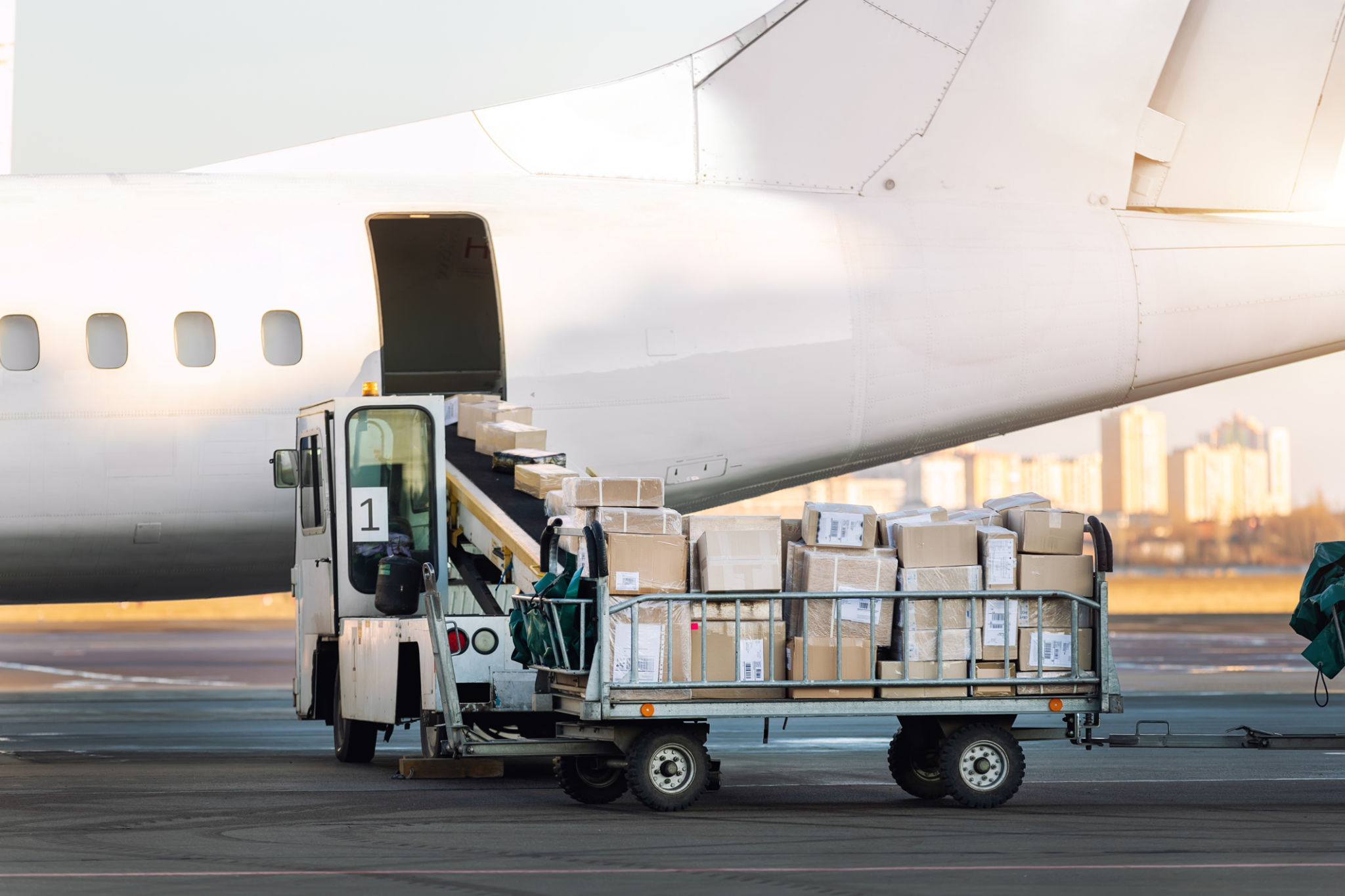Freight Broker vs. Freight Forwarder: Understanding the Key Differences
DY
Introduction to Freight Services
In the complex world of logistics and shipping, choosing the right services is crucial for the smooth transportation of goods. Among the various options available, freight brokers and freight forwarders are two key players. While they might seem similar at first glance, they serve distinct roles in the supply chain. Understanding their differences can help businesses make more informed decisions.

What is a Freight Broker?
A freight broker acts as an intermediary between shippers and carriers. Their primary role is to facilitate communication and transactions between these two parties. Brokers do not own any trucks or cargo; instead, they work to find the most efficient and cost-effective means of shipping goods for their clients. Brokers leverage their extensive network and industry expertise to negotiate better rates and ensure timely delivery.
Key Responsibilities of Freight Brokers
- Negotiating shipping rates with carriers.
- Coordinating pickups and deliveries.
- Ensuring compliance with shipping regulations.
- Providing tracking updates to clients.
Understanding Freight Forwarders
Freight forwarders, on the other hand, offer a more comprehensive service by managing the entire shipping process. They not only arrange transportation but also handle additional logistics services such as warehousing, packaging, and customs clearance. Forwarders can operate on a global scale, providing end-to-end solutions that simplify international shipping complexities.

Key Responsibilities of Freight Forwarders
- Managing documentation for international shipments.
- Coordinating multiple modes of transportation.
- Handling customs clearance and compliance.
- Offering storage and packaging solutions.
Major Differences Between Freight Brokers and Freight Forwarders
The primary difference lies in the scope of services. While brokers focus on arranging transport, forwarders provide a full suite of logistics services. Brokers typically handle domestic shipments, whereas forwarders are more involved in international shipping. Another distinction is that forwarders often take possession of goods during transit, unlike brokers who primarily manage the transaction.
Choosing Between a Broker and a Forwarder
Your choice between a freight broker and a freight forwarder depends on your specific needs:
- If you require simple transportation arrangements within a country, a freight broker might be your best bet.
- If your needs include international shipping with complex logistics such as customs clearance, a freight forwarder would be more suitable.

Conclusion
Both freight brokers and freight forwarders play vital roles in the logistics industry. By understanding their unique functions, businesses can optimize their supply chain operations. Whether you need assistance with domestic shipments or comprehensive solutions for global trade, selecting the right partner is essential for success in today's competitive market.